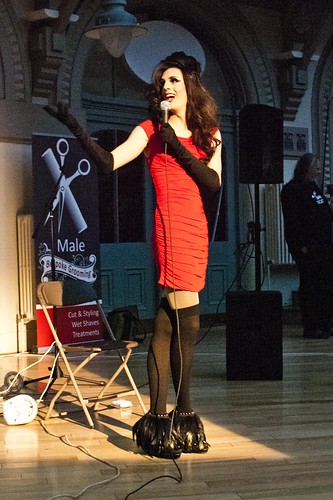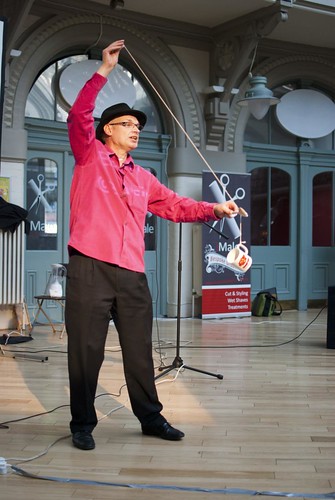
The Golden Latrine once went to Liverpool and found it a charming, cultured city, far removed from media reports painting it as a concrete hellhole full of curly-haired Scousers shouting "calm down, calm down" in comedy accents.
However, as The Guardian reported, new cabinet papers released yesterday by the National Archive show that following the Toxteth riots in 1981, a number of Margaret Thatcher's cabinet were less keen, with a number of them apparently urging a gradual evacuation of the city.
The "concentration of hopelessness" on Merseyside, and perhaps more pertinently the city's record of industrial strife, was enough for the likes of Sir Keith Joseph and then Chancellor Geoffrey Howe to ask if money spent on the city was simply money wasted. To quote Howe:
Isn't this pumping water uphill? Should we go rather for 'managed decline'? This is not a term for use, even privately. It is much too negative, when it must imply a sustained effort to absorb Liverpool manpower elsewhere – for example in nearby towns of which some are developing quite promisingly.
Quite. After all, if the people of Liverpool don't have the decency to vote Tory, or serenely acquiesce to socially-destructive Conservative policy, why should the government do anything to actively help them?
While there's no evidence that Howe's words were ever likely to become official government policy, it still represents an alarming snapshot into the mind of Thatcher's cabinet. In the end Michael Heseltine was left to argue the case for Liverpool's regeneration - asking for £100m-a-year, he instead got pocket change, and even that came with the express proviso that there be no publicity attached. If Liverpool's plight was self-inflicted, the Tory thinking went, why should they be rewarded?
Which is probably why Tory politicians are about as popular in Liverpool as The Sun. More recently Boris Johnson was made to go and grovel after his 2004 Spectator editorial which claimed that the people of Liverpool "cannot accept that they might have made any contribution to their misfortunes, but seek rather to blame someone else for it, thereby deepening their sense of shared tribal grievance about the rest of society".
While the mass majority of the present Coalition cabinet give the impression of only ever having seen a council estate on Shameless, the likes of Work and Pensions Secretary Work and Pensions Iain Duncan Smith do at least seem prepared to engage with the reality of what life is like in Britain's most impoverished areas.
I was present at a fringe event at this year's Conservative Party Conference, where Duncan Smith blamed successive governments for “ghettoising” large parts of Britain, a situation which he felt played a significant role in the 2011 riots.
Acknowledging that government policy (rather than merely the inherent fecklessness of a city's inhabitants) might have played a role is a step in the right direction. But for all Duncan Smith's good intentions, the fact is that the cuts are hitting Britain's inner cities hard. The Tories may have given up on the idea of evacuating Liverpool's inner city. Check out, for example this and this.













